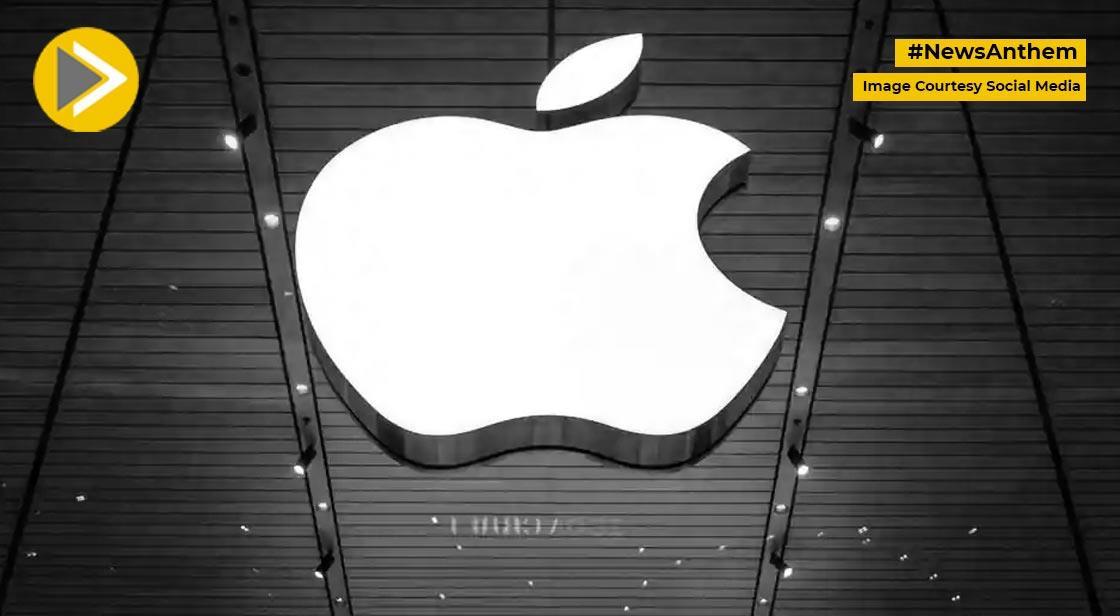Apple Updates App Store Rules: External Payments Now Allowed Without Commission in the US

News Synopsis
In a significant change to its App Store policies, Apple has updated its US guidelines to permit developers to include links and buttons for external payment systems. This shift follows a landmark ruling by a US federal court, which found Apple in violation of a 2021 injunction related to the high-profile Apple vs Epic Games case.
Previously, Apple attempted to maintain control by charging a 27% commission on external purchases. However, the court ruled that this fee, along with design tactics used to discourage users from choosing alternative payments, violated the earlier court order.
The Court’s Ruling and Apple’s Legal Setback
Apple Held in Contempt for Non-Compliance
On April 30, US District Judge Yvonne Gonzalez Rogers concluded that Apple had “willfully defied” the 2021 injunction by implementing deceptive tactics instead of following the court’s orders. These included “scare screens” and design limitations meant to hide external payment options.
“We strongly disagree with the decision. We will comply with the court’s order and we will appeal,” Apple said in a statement, according to Reuters.
The court found Apple’s behavior to be aimed at preserving its lucrative "Apple Tax" rather than opening up fair competition. Apple has now been referred to federal prosecutors for a potential criminal contempt investigation.
What’s New in the App Store Guidelines?
Key Changes for Developers and Users
Under the new guidelines:
-
Developers in the US can add in-app links and buttons directing users to external websites for payments.
-
Developers may now display prices, subscription options, and promotions directly within their apps.
-
Apple can no longer charge the 27% commission on purchases made via external platforms.
-
The previously used scare screens and confusing browser redirects are now prohibited.
User Benefits
These changes mean a simpler, more transparent purchasing experience, with users having more control over how and where they make payments.
Epic Games and Spotify Celebrate Victory
Epic Games Responds
This legal milestone is particularly meaningful for Epic Games, which initiated the lawsuit against Apple in 2020 over unfair App Store practices. CEO Tim Sweeney welcomed the court’s decision and confirmed that Fortnite would return to iOS, using its own payment system hosted on Epic’s website.
Spotify’s Swift Action
Spotify, another longtime critic of Apple’s policies, has already submitted an updated version of its app. In a blog post, the company stated that US users will soon see clear pricing and promo information and will be able to upgrade or change subscriptions directly via links that lead to Spotify’s own website.
Spotify also noted that these updates would soon simplify audiobook purchases, improving the platform's overall usability.
Apple to Comply – But Files an Appeal
Current Status
While Apple has pledged to comply with the court's directives for now, the company made it clear that this isn’t the end of the fight.
"We strongly disagree with the decision. We will comply with the court’s order and we will appeal,” Apple said.
As of now, Apple is barred from charging fees or commissions on any purchases made outside its ecosystem within the US and cannot block developers from embedding external payment links or prompts.
Conclusion: A Landmark Shift in Apple’s App Store Economy
This legal verdict marks a major shift in Apple's control over in-app payments, a model that has drawn increasing scrutiny from developers, regulators, and consumers alike. Developers now have greater freedom to engage with users directly and offer more transparent pricing and flexible payment options.
As the industry awaits the outcome of Apple’s appeal, this ruling already sets a significant precedent, with potential ripple effects for app stores worldwide and the future of digital commerce.
You May Like









